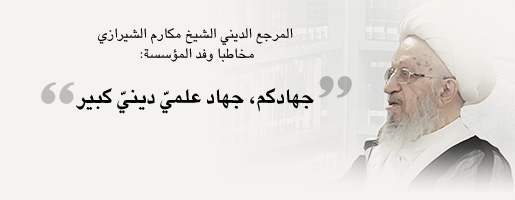
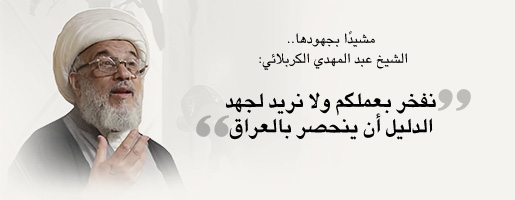
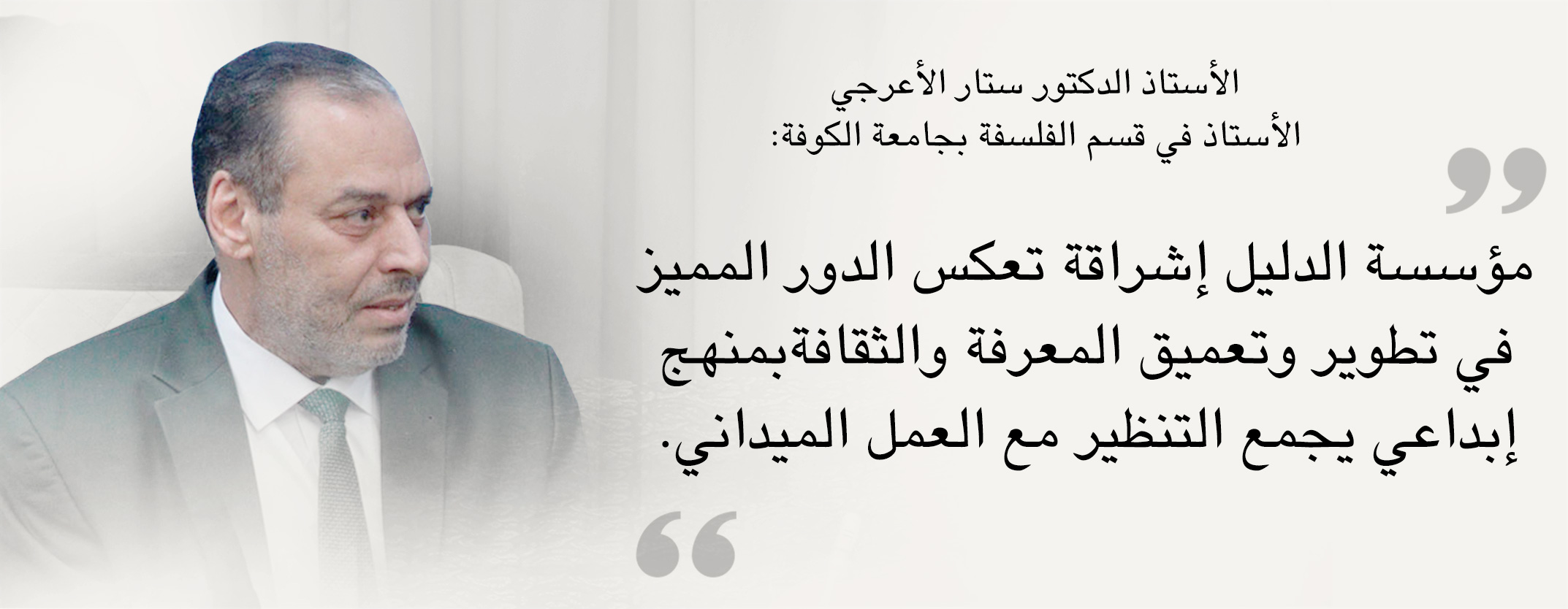
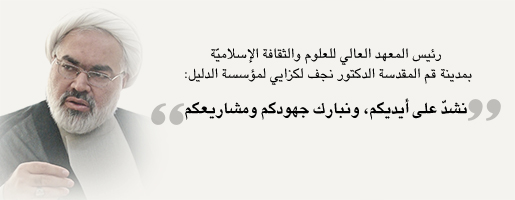
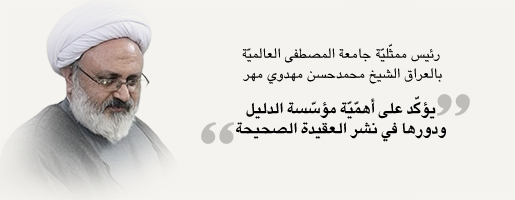
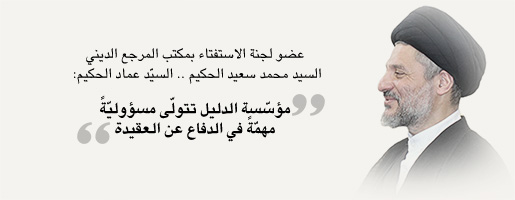
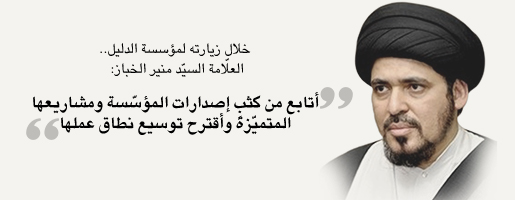
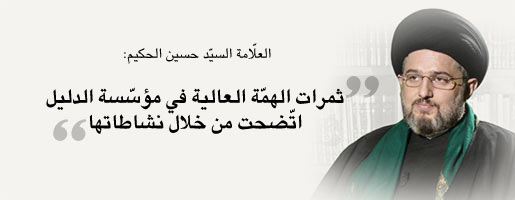
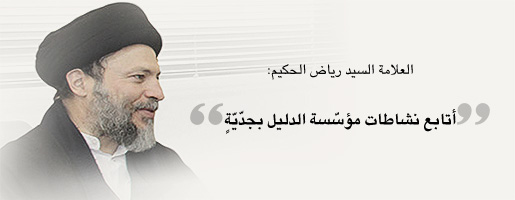

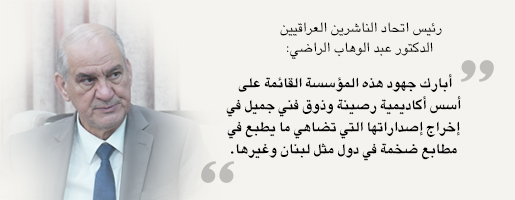
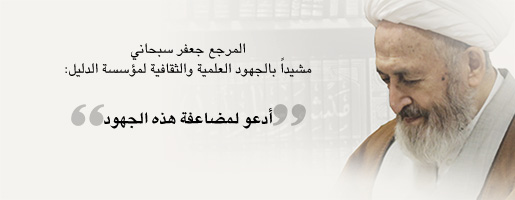
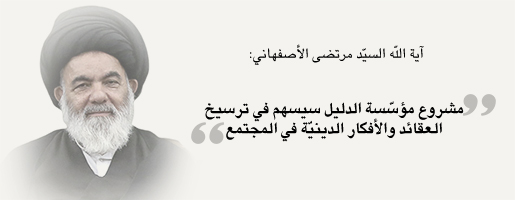
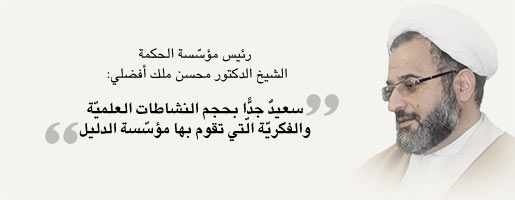
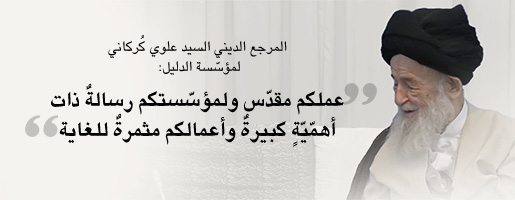
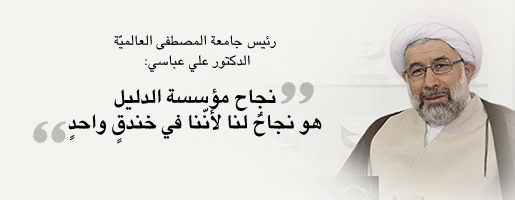
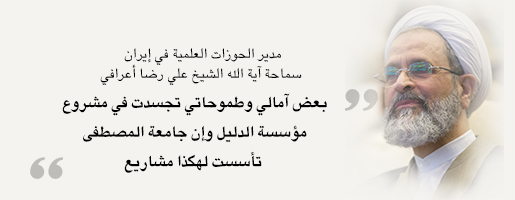

Hussein Al-Ukla
Abstract
This article explores the topic of miracles, focusing on the origins attributed to them by theologians. Specifically, it examines whether miracles are exclusively acts of God Almighty, without any influence from the infallible individual (Ma'soom), even in a mediating capacity. Otherwise, does God enact miracles directly at times, and at other times empower the infallible individual to bring them about? Are miracles exclusively from God (Exalted and Glorified), either initiated or enabled, or are they solely a result of supplication (Du'a)? Through an inductive approach, classifying and analyzing the works of theologians in particular, we conclude that a miracle must be an act of God. This is because He is the one who validates the truthfulness of the claim being made upon Him. This purpose can only be achieved if the miracle originates solely from God. If it were the act of another – even ostensibly – the validity of the claimant's assertion could be questioned by those addressed by the claim. However, while miracles are exclusively acts of God, they occur in various forms: either originating directly from God Almighty without the mediation of the infallible, as in the extinguishing of the fire for Abraham (peace be upon him); or through the mediation of the infallible, manifested through them, as in the transformation of the staff into a serpent; or occurring in response to the supplication of the infallible, as in Zechariah's prayer to God to grant him a child from his barren wife.
